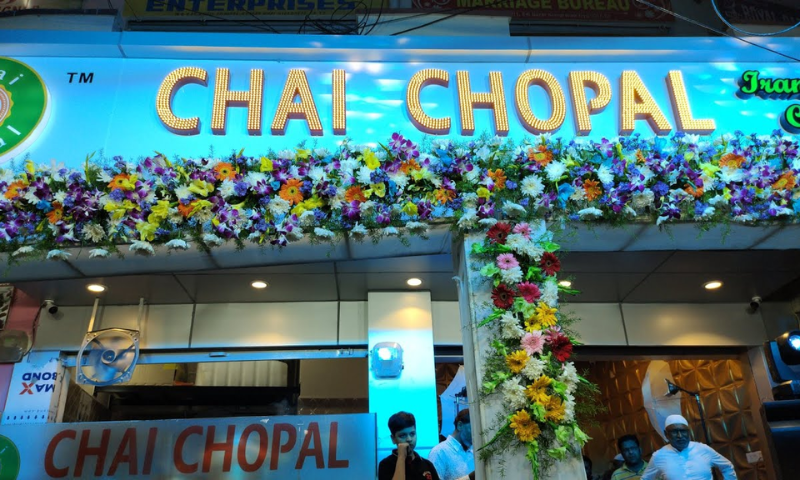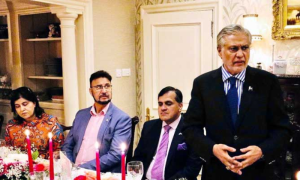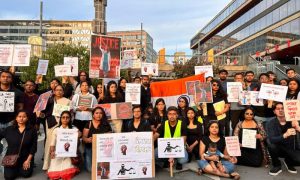MULTAN: Amid the digital age, where youngsters are often engrossed in their mobile phones, a significant cultural shift is unfolding in rural areas. Tea stalls have replaced the traditional “Chopal,” the gathering spot where villagers would regularly meet to discuss daily affairs.
This evolution has noticeably altered the social fabric of village life, with tea stalls emerging as the new epicenters of community interaction.
Historically, the Chopal was the heartbeat of village communities. People of all ages would gather to share stories, discuss politics, sports, social changes, and update each other on local happenings. As this tradition has waned, tea stalls have taken on the role of new social hubs in villages.
Liaqat Ali, a 65-year-old from the village of Pipli, reminisces: “The Chopal was where we all felt connected. It was like our second home. But now, the tea stall has taken over. It is a different vibe, but it still brings us together.”
Conversely, Allah Rakhha, a 60-year-old shopkeeper, views the change positively. “The tea stall is more accessible and comfortable. We still discuss everything from politics to social changes, but now we do it over a cup of tea. It’s a modern twist on an old tradition,” he remarked.
Tea stalls now offer not only a place to relax but also serve as informal forums for discussions on various topics. These vibrant centers bring together people of all ages to engage in lively debates, exchange news, and enjoy each other’s company. The shift from Chopal culture to tea stalls reflects a broader cultural adaptation that many find appreciable

























